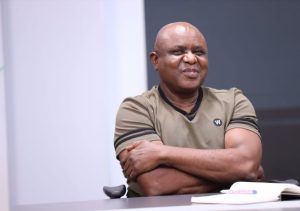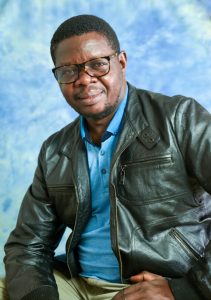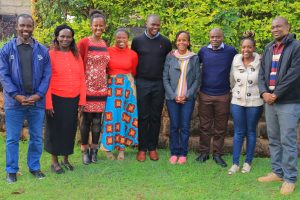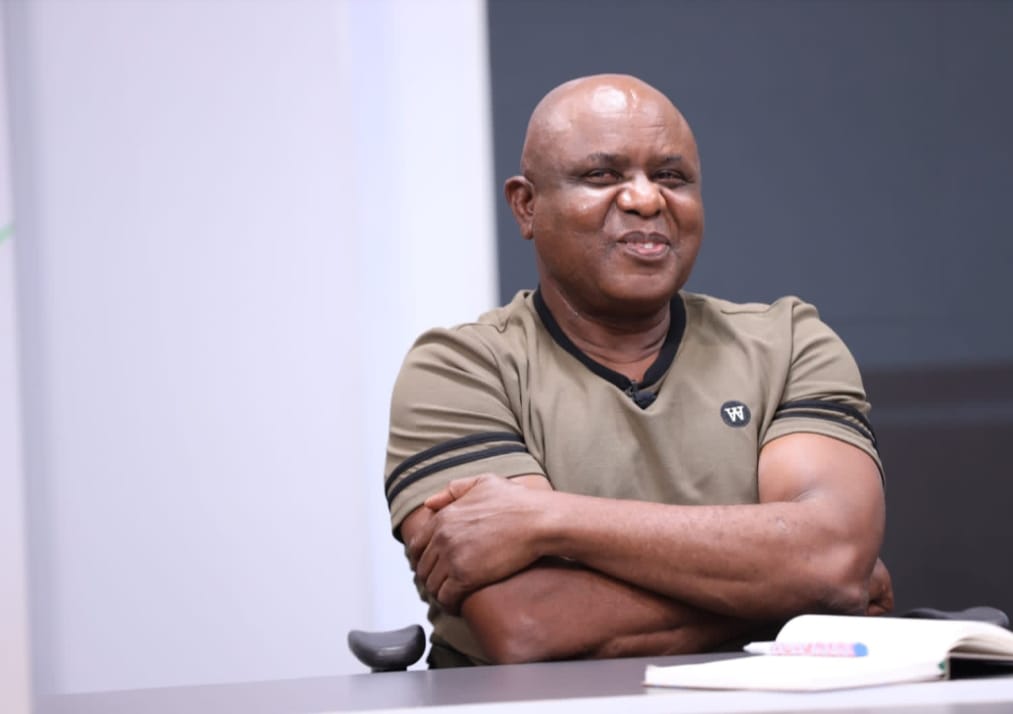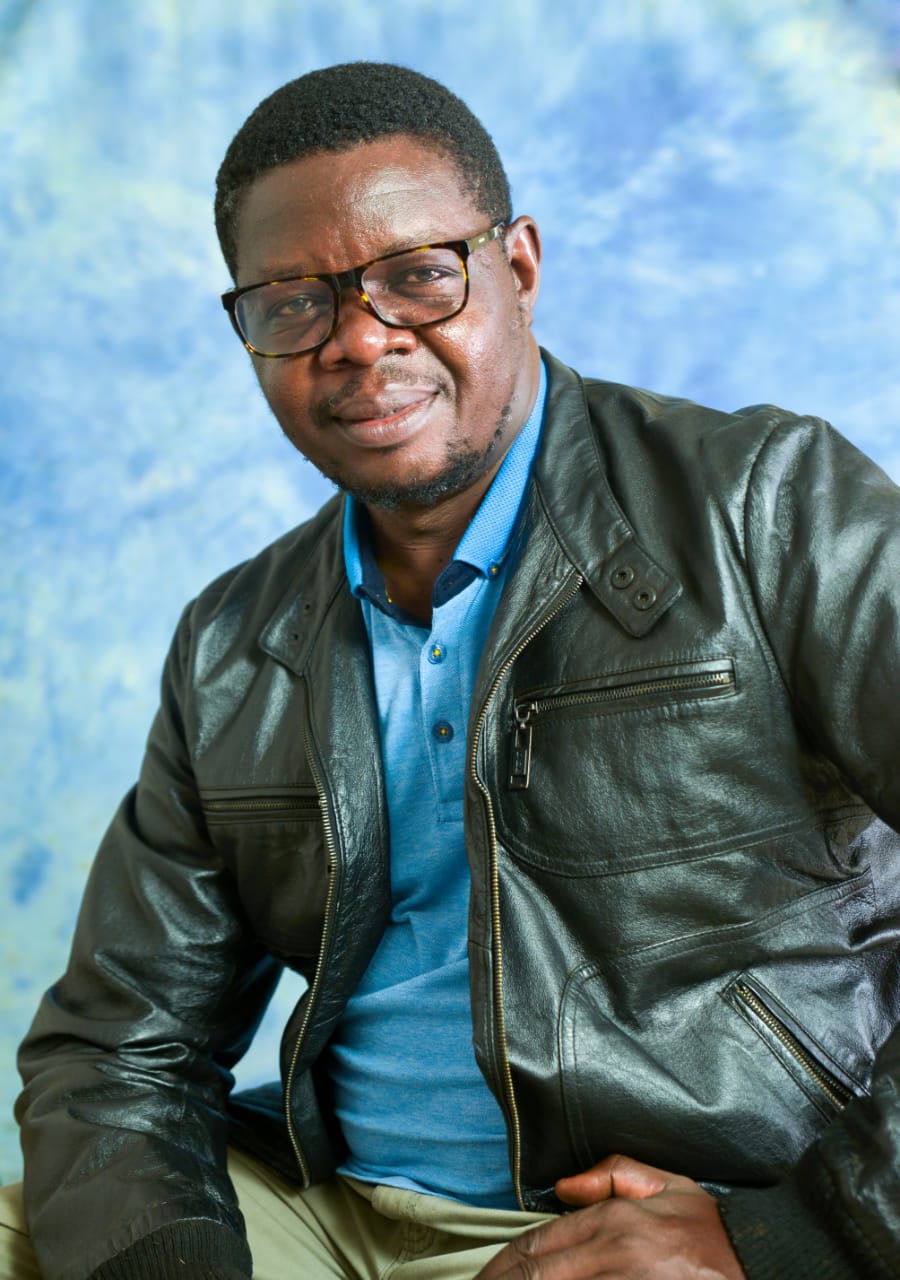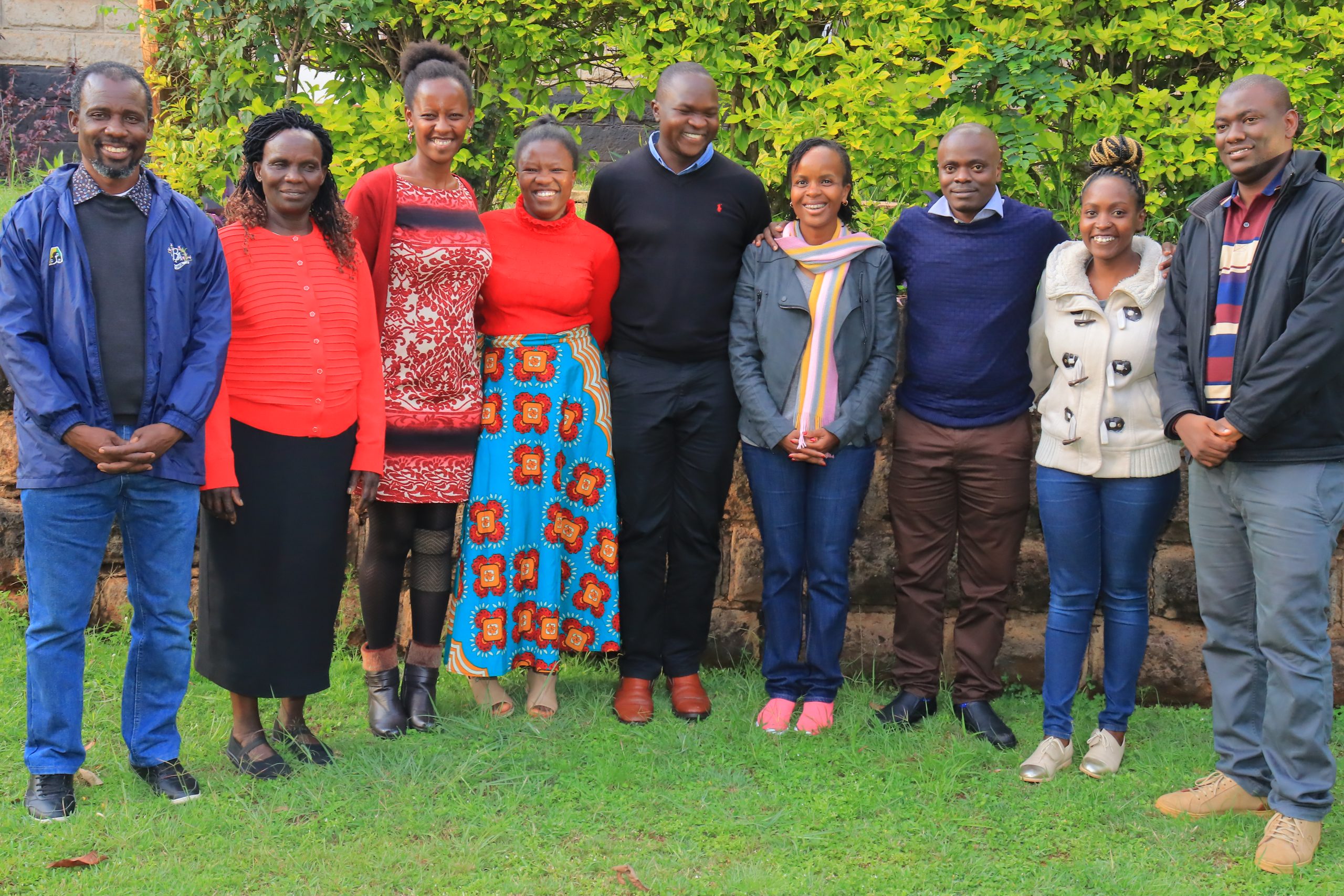Are we really doing enough? This question has taken my fingers right to the keys of the keyboard as I contemplate if what am going to write will disturb your mind a little bit. A lot has happened and we still have a lot around us according to the media reports and even through observation; our leaders looting money meant to improve lives of poor Kenyans, realignment of politicians to parties that will give them easy entry into power, disturbing cases of women passengers being raped by matatu crew, biting hunger due to drought in many regions, conflicts in marriages leading to murder and suicide and many more cases that unfortunately we have negatives overshadowing the positives. We are therefore obliged to base our daily discussions mostly on these negatives. It is more disturbing when partisan discussions are directed to matters affecting the economy of the country. We openly defend or curse those associated with corruption cases depending on their political alignments and more badly their tribal affiliations. My wish has always been maintenance of sobriety on matters affecting all of us.
Let us consider some facts according to the various surveys and statistical information. According to the Daily Nation newspaper on 18th of February 2015, Kenya was ranked 6th among the top 10 countries in Sub-Saharan Africa with large population living in extreme poverty. The other countries with largest population of extremely poor people were Nigeria, Democratic Republic of Congo (DRC), Tanzania, Ethiopia, Madagascar, Uganda, Malawi and Burundi. The study further revealed that although Kenya and other Sub-Saharan countries like Cameroon, Egypt, Ghana, Mali, Mauritania and Senegal had experienced exponential economic growth, there was a clear mismatch between growth and poverty reduction. This implies that economic growth could not be translated into reduction of poverty. Basing on this short statement where economic growth of a country fails to bring about poverty reduction, we should understand that if only a small portion of the population accumulate a lot of wealth and the remaining large portion remain poor then figures of economic growth will likely be positive. This is due to the fact that economic growth is calculated by use of the average income of the population. According to the survey by Institute of Security Studies, Kenya will not be able to curb poverty by the year 2030 unless radical measures are taken.
Besides, according to the 2009 Kenya population Census there was an increased growth rate attributed to inadequate use of birth control methods. The report released in 2011 indicated that only 46% of married women aged 15-49 use birth control. The leading counties in population according to the census were: Nairobi 3.06 million, Kakamega 1.64 million, Mandera 927,605, Turkana 801, 346 and Bungoma about 1.35 million people. When compared to the 2014 Economic Survey, a county with a high population of poor people contributed immensely to the national poverty index. The survey indicated that the top 5 poorest counties were Kakamega with poverty index of 4.77, Mandera with 4.69, Turkana with 4.13, Nairobi 3.94 and Bungoma 3.79. Apparently, the poverty index is directly proportional to the population of the country.
Having highlighted the above statistics, it is important to bring to your attention that maybe we are not doing enough to combat our problems as a country. There is a great need to engage in discussions on how few individuals do us injustice by accumulating all money meant for the whole country; that for us to deal with poverty we need to understand it has no borders, a malnourished child in Turkana region undergoes the same pain as one in Nairobi or any other county. The same pain is experienced by our mothers all over the country earning little coins through selling vegetables and at the same time painfully paying taxes to the government which is later siphoned by few individuals. I believe it is possible to be sober and seriously engage in discussions of what is affecting us; if it is poverty, lack of basic education, poor healthcare, police brutality, corrupt individuals in power, poor infrastructure and many more. We risk being referred to as an ignorant population is we fail to understand that basic needs such as quality education and healthcare are not privileges accorded to the politically right but rather they are human rights.
Elias Muhatia is a young Kenyan, pasisonate to change the way in which things are run in Kenya. Contact Elias through: muhatiaelias@gmail.com



